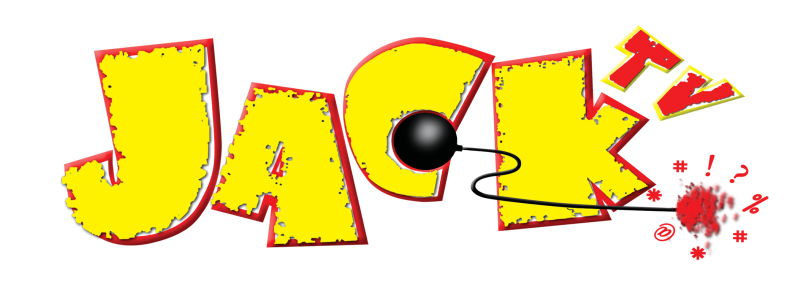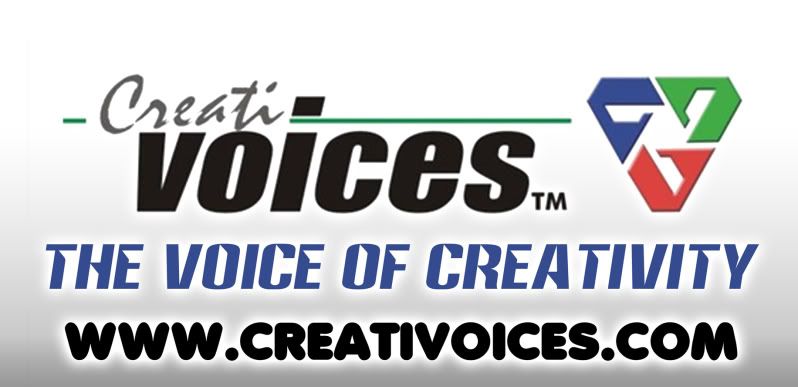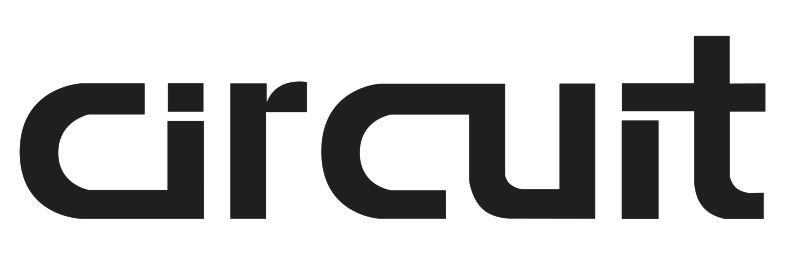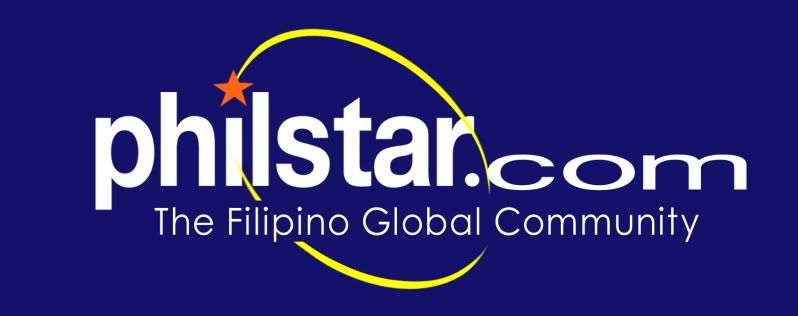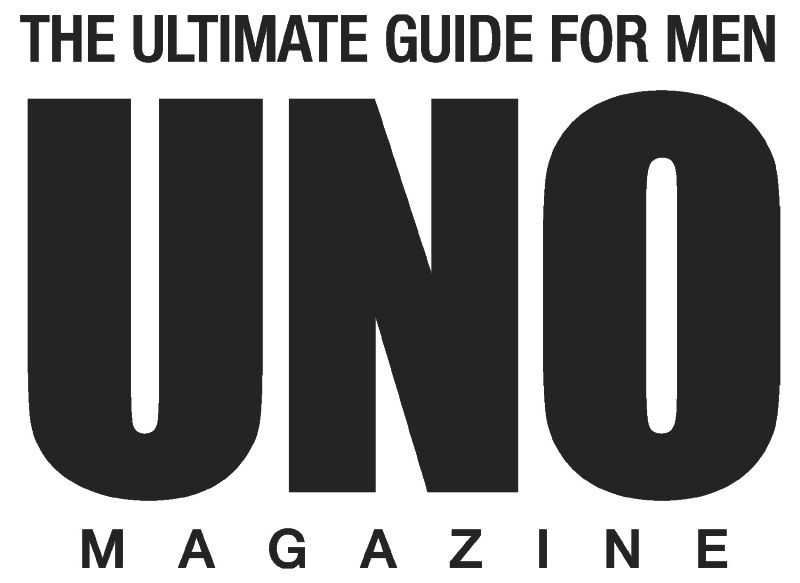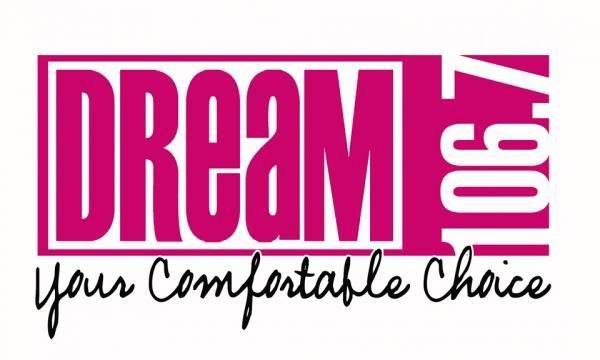It is the first time in the history of the Annual Filipino Komiks Convention (KOMIKON) that it had week-long activities scheduled days before the event proper. With the help of the UP LUNAROCK and UP GRAIL, activities within the UP Diliman Campus were held from November 17-21, 2008.
The week started off with a talk entitled “KOMIKS 101”. The talk was held last November 17 at the Auditorium at the College of Fine Arts and moderated by Mr. Mark Navarro. Two topics were discussed that day. The first topic was about Filipino comic artists working abroad, “Komikeros for Hire”. The panelists were Gilbert Monsanto (Rambol, Tropa, Bayan Knights), Harvey Tolibao (Star Wars: Knights of the Old Republic), Melvin Calingo (Pasig, Destiny’s Hand) and Wilson Tortosa (Battle of the Planets, Tomb Raider). After each artist had introduced themselves and told their very inspiring stories about how they got into the comic business, we’ve summarized some important points in their discussion.
Tips on getting jobs abroad:
1) Developing your portfolio. We had a lot of good tips from our panelists like “do not be stuck with one art style”. Wilson Tortosa says he got selected for his unique portfolio of people in dynamic poses. A lot of new artists would only do pin ups with generic static poses. It is good to have your drawing “express emotions” as his current employer saw in Wilson’s work. It would be more impressive if artists show a variety of artworks - more than just coloring, drawing and inking, like layout jobs, 3D modeling, sculpture or crafts, or even script writing. As experienced by Gilbert Monsanto, his script writing became his stepping stone into comics.
2) Getting your work out. It is very fortunate for artists nowadays that the internet plays a huge part in getting jobs abroad. During Gilbert’s time, sample works had to be shipped and it took a long time to wait for responses. Today, with online sites like deviantart.com, artists’ works now has worldwide exposure. The internet also allows real time exchange and dialogues with clients abroad. Melvin Calingo got his work in Seven Seas Entertainment this way. Owning a personal website or having an account in sites like Deviant Art is really helpful. Attending comic conventions and seminars is also like going to job fairs. Have your printed portfolio handy. Harvey Tolibao and Wilson Tortosa got their break when they attended the seminars of Glasshouse Graphics Inc. where they are currently employed.
3) Protecting yourself. When accepting work via the internet, it is good to “set rules”. As discussed by the panel, a lot of artists are victims to the “exposure now, payment later” scheme. When offering commission works, it is advisable to ask for 50% down payment before starting on a project and the other 50% when it’s done. Also, setting specific guidelines for the client would be helpful, like specifying what you could or cannot do; size of artwork, how final artworks will be sent, and how many revisions will be accepted. In setting deadlines, let the client know how much time you really need so that they won’t be disappointed. Send rough samples with very low resolutions and very small print sizes so that it cannot be used. Here is a sample of Gilbert’s rules as posted in his deviant art account: http://gammaknight.deviantart.com/journal/17855083. It is recommended that when artists upload original characters and scripts must be copyrighted.
4) Getting paid. There are numerous ways of accepting payment from clients abroad. The most recommended ways are thru XOOM and Paypal. Payments sent thru banks, like XOOM, will take a part of your payment for fees. So it is advisable to send the client a breakdown of payment showing additional fees separated from artist’s fees. For Paypal, an artist must have a credit card. For XOOM, a personal savings account is enough but it is better to have a dollar account. Visit XOOM (http://www.xoom.com) and Paypal (http://www.paypal.com) for more information.
5) Working for an agent. Having an agent is good in some ways. They are the ones who meet with clients, show your work around, and check up on you for deadlines. Agents do get a cut from artist’s fees but it’s like being spoon fed just waiting for work to come to you. Working for an agent is not for everyone though.
Two hours were not enough for this specific topic but the basics are covered. Most of our panelists can be said to have great luck on their side or just overly talented. It is truly an honor to have this set of panelists to help us start off, like they say, “Take it from the experts”.
Watch out next time for our updates of Part 2 of “KOMIKS 101”.
Tuesday, December 09, 2008
Subscribe to:
Posts (Atom)





